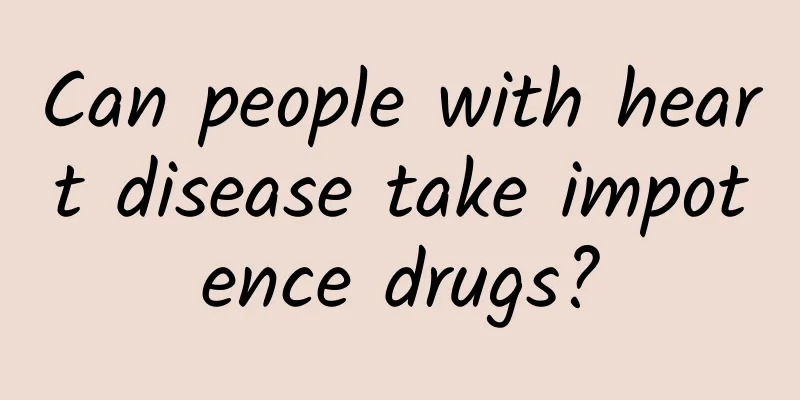How to restore kidney function? Finding the cause of the disease is the key

|
Kidneys are very important for the physiological balance and operation of various functions of the human body. Renal insufficiency may cause some other diseases. There are many reasons for renal insufficiency, such as nephritis, diabetes, etc. The repair of kidney function requires targeted treatment according to the different causes. 1. Causes of renal insufficiency1: Kidney diseases: such as acute and chronic glomerulonephritis, pyelonephritis, renal tuberculosis, acute tubular degeneration and necrosis caused by chemical and biological poisons, renal tumors and congenital renal diseases, etc. 2: Extrarenal diseases: such as systemic blood circulation disorders (shock, heart failure, hypertension), systemic metabolic disorders (such as diabetes) and urinary tract diseases (urinary stones, tumor compression), etc. 2: Clinically, renal insufficiency is divided into four stages1: Compensation period of renal insufficiency: The creatinine index is between 120umol/L and 133umol/L, and the renal unit decreases by about 20~25%. At this time, the kidney's ability to excrete metabolic products and regulate water, electrolytes and acid-base balance is still good, and blood creatinine and blood urea nitrogen are normal or slightly elevated. 2: The number is between 133umol/L and 442umol/L, the renal unit decreases by 50-70%, the renal concentration function is impaired, nocturia or polyuria, anemia, fatigue, loss of appetite, nausea and mild general discomfort occur. Azotemia is common, and blood creatinine and urea nitrogen increase. 3: Renal failure stage: Creatinine index is 442umol/L-707umol/L, renal units decrease by about 70~90%, renal function is severely damaged, with obvious anemia and gastrointestinal symptoms, such as nausea, vomiting, and decreased appetite. Serum creatinine and urea nitrogen increase significantly, acidosis, sodium retention, low calcium, high phosphorus, and high potassium. 4: Uremic stage: Creatinine index is greater than 707umol/L, and renal units decrease by more than 90%. This stage is the late stage of chronic renal failure, manifested by multiple organ failure, such as nausea and vomiting, irritability, increased blood pressure, palpitations, chest tightness, inability to lie down, difficulty breathing, severe anemia, convulsions, and coma in severe cases. Hyperpotassium, hyponatremia, hypocalcium, and hyperphosphatemia are common. III: Treatment of renal insufficiency1: Renal insufficiency is a clinical syndrome that occurs in the late stage of various chronic renal diseases. Its main manifestations are persistent decline in renal function, retention of metabolic products, disorder of water, electrolyte, acid and base balance, and complications of various systems. This disease is divided into four stages according to the degree of renal function damage: compensation stage, decompensation stage, renal failure stage, and uremia stage. 2: Therefore, clinical improvement can be achieved through active treatment in the early stages. The increase in creatinine in chronic renal insufficiency is due to damage to the kidney's intrinsic cells, fibrosis of the kidney, and the replacement of normal renal units with filtering function by fibrous tissue, which loses the detoxification function, causing toxins to accumulate in the body and cannot be excreted. 4: Generally, when the kidney diseaseIn the renal insufficiency stage, if the treatment measures are appropriate, renal insufficiency can be completely cured. However, if the renal insufficiency is caused by tumors and congenital kidney diseases (such as polycystic kidney disease and renal cysts), any current medical treatment methods are helpless and can only control the growth of cysts to prevent recurrence, so as to avoid the disease from worsening and affecting the survival of patients with renal insufficiency. |
<<: How to check for urinary tract infection?
>>: Coriander pickled vegetables? How to pickle coriander pickles
Recommend
There are red blood streaks on the man's nose
1: The appearance of red blood streaks has caused...
How to prepare ginseng aphrodisiac wine to replenish yang and strengthen the body?
It makes sense that all men need to strengthen th...
How to do dietary therapy for men’s health?
Nowadays, more and more people pay more attention...
What causes severe constipation? Causes of severe constipation
The main function of the stomach is to digest foo...
What can men eat to strengthen their testicles?
As the key male reproductive organ of men, male t...
What medicine should I take if my sperm is yellow and has jelly-like particles?
Sperm is the male reproductive cell, which we hav...
Why do testicles itch?
If we feel itching in a certain part for a long t...
The dangers of circumcision surgery, these knowledge points must be understood
With the development of medicine today, circumcis...
How long does it take to be considered premature ejaculation?
Premature ejaculation is relative. As the name su...
Pictures of men infected with HPV
Men infected with HPV can be treated with medicat...
There are many small red spots on the glans
The glans is located at the head of the male peni...
Male left waist pain
The kidney is a very important organ for men. Man...
What soup is best for men with kidney deficiency? These three soups are effective in nourishing the kidneys
For men with kidney deficiency, they can take care...
What does high testosterone mean for men?
High testosterone in men is an increase in the ma...
Why do testicles get smaller?
Testicles are also an important feature of the ma...









